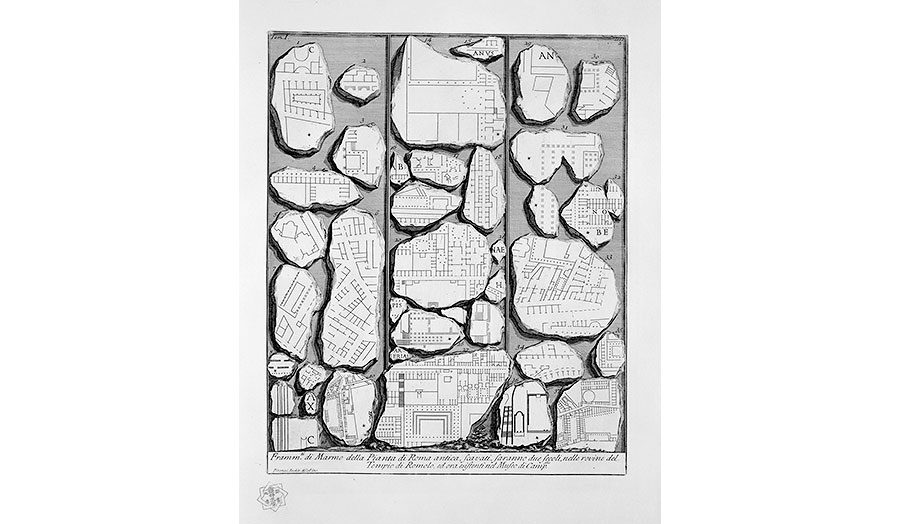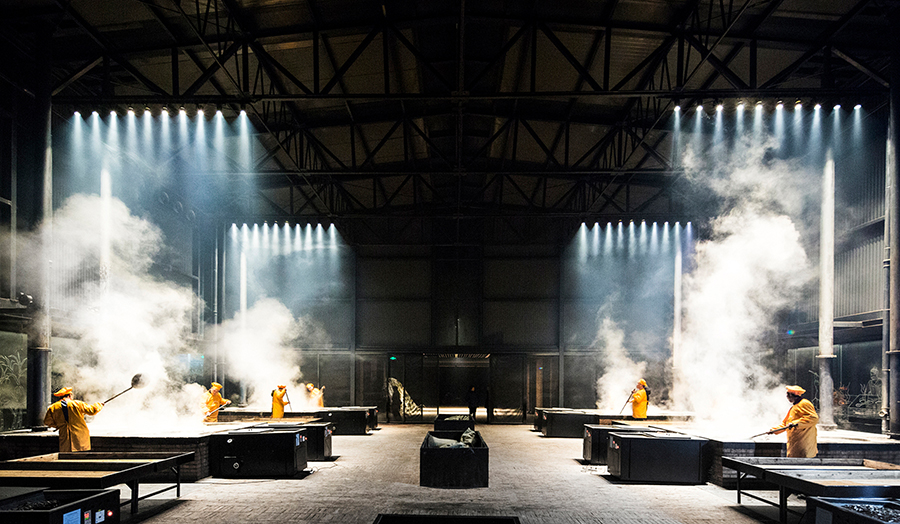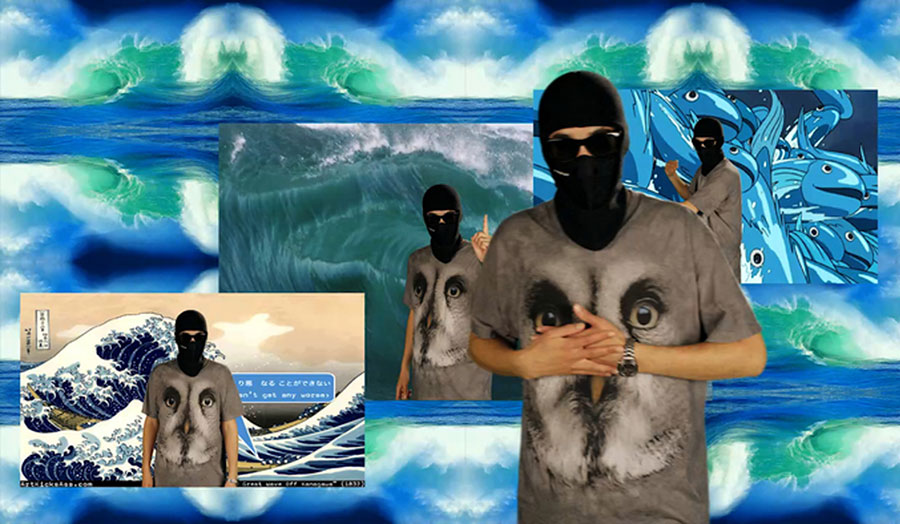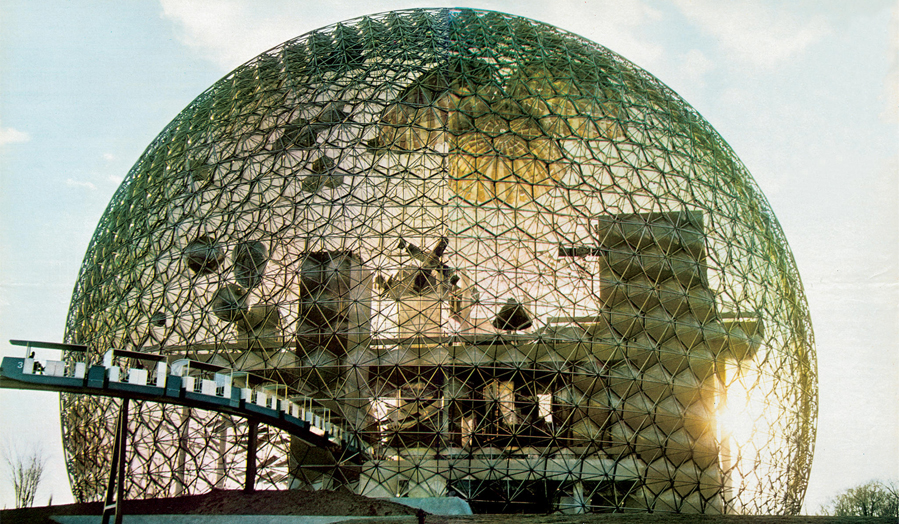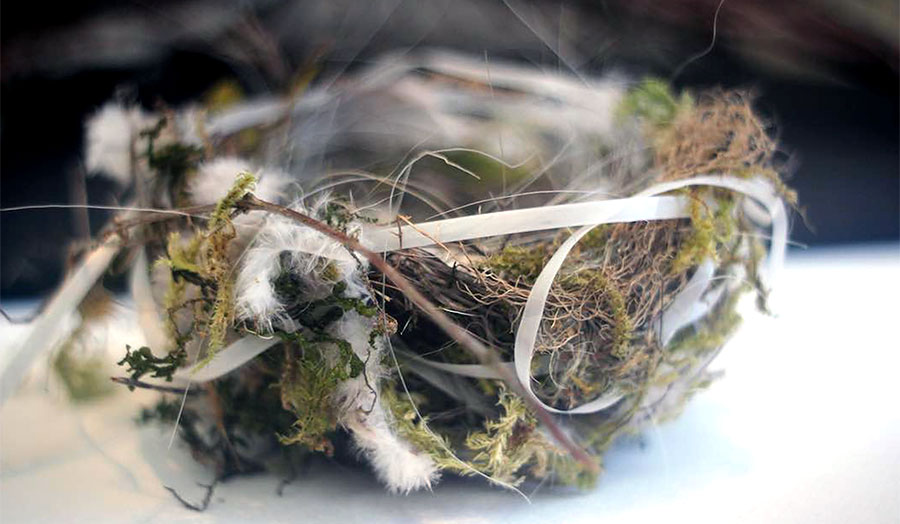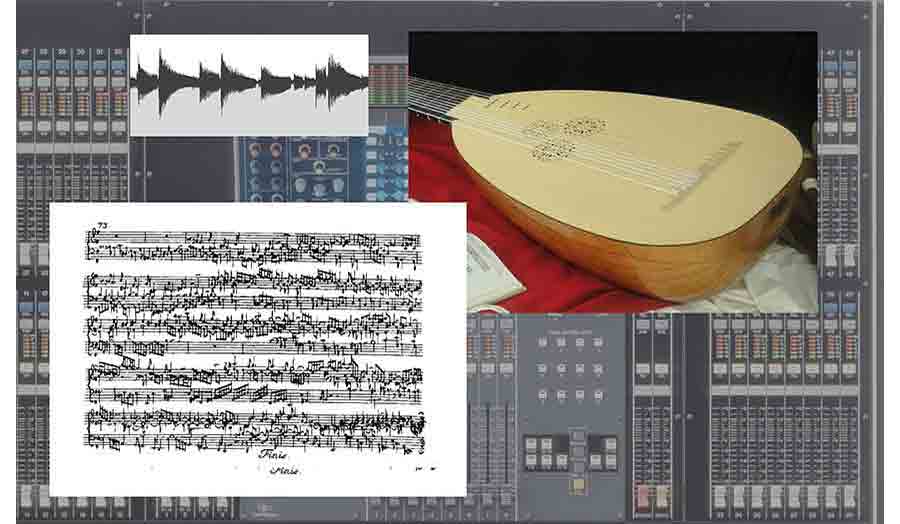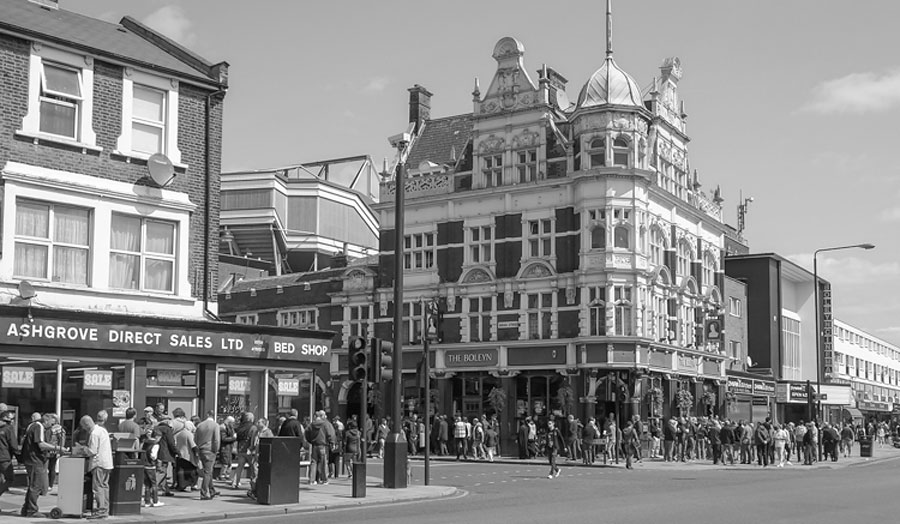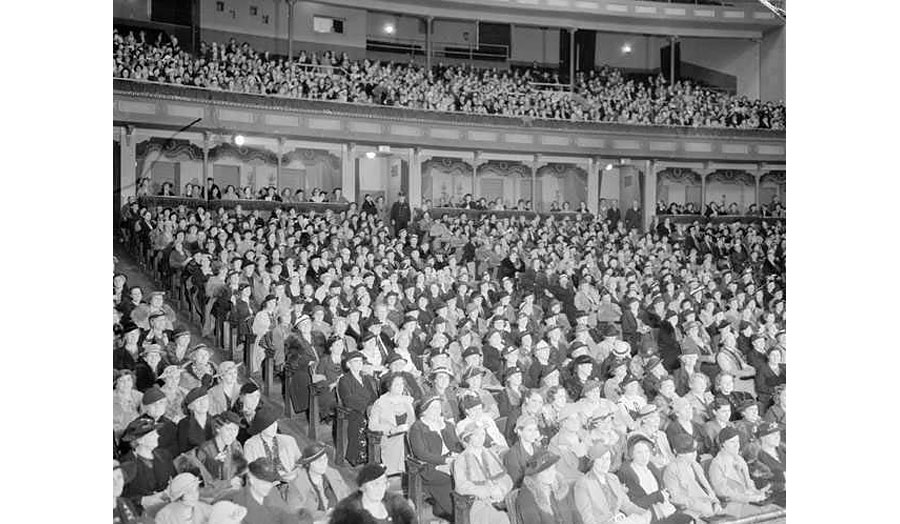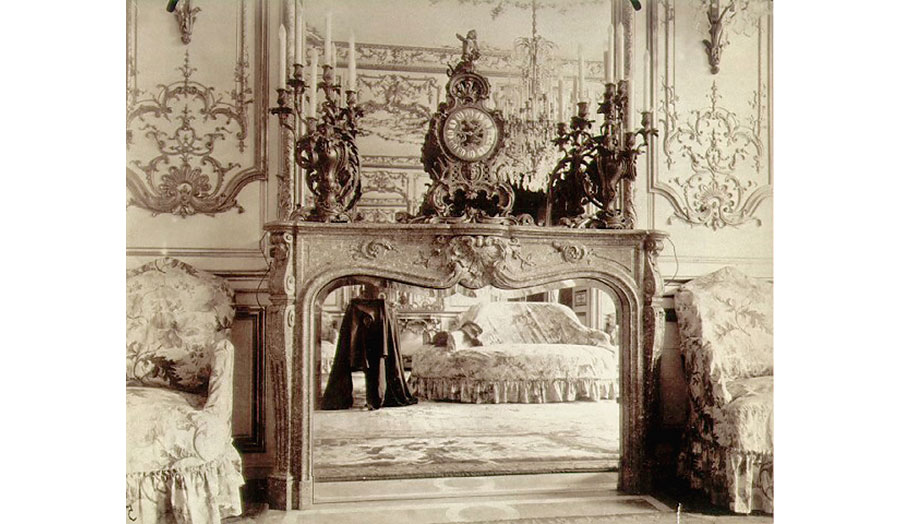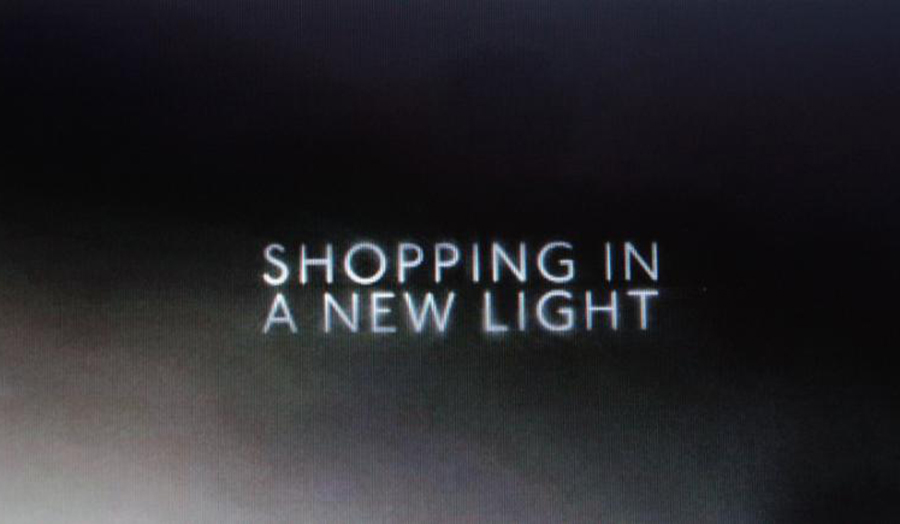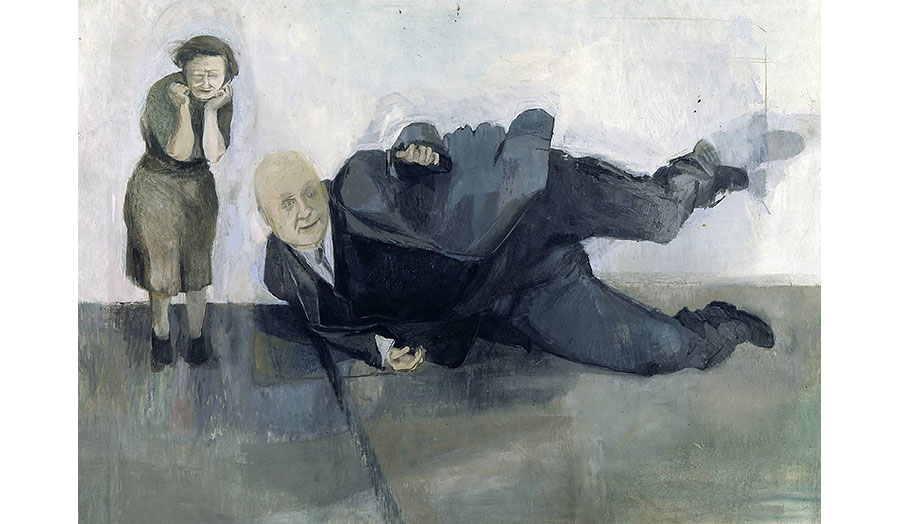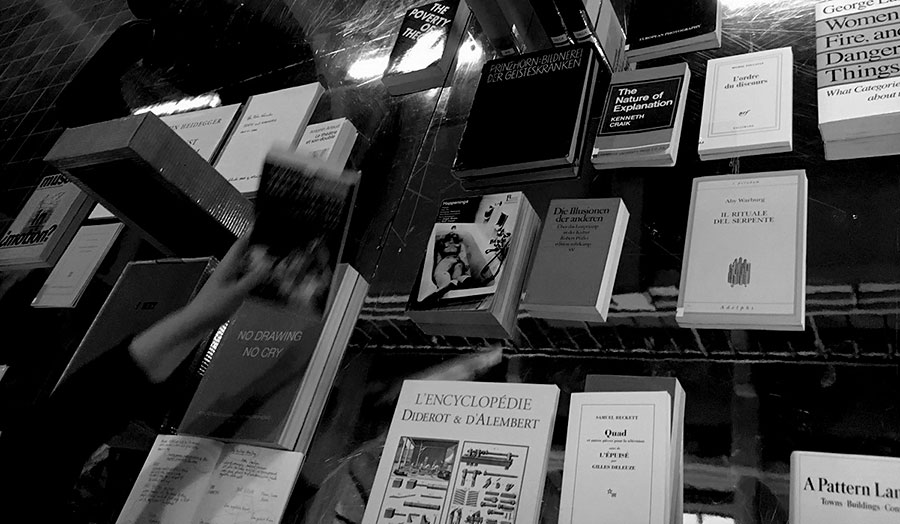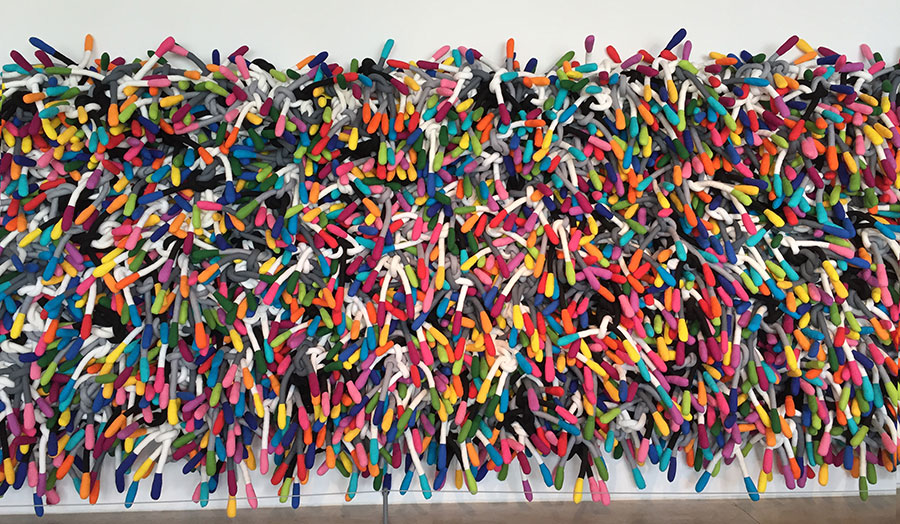Studio brief
How does the relationship of memory to fantasy affect history? What are the links between desire, sexuality and trauma? How are these relationships played out or negotiated in visual and written practice? These questions will form the beginning of our enquiries into artworks, films and literature.
Trauma is most commonly conceived of as an external event, such as an act of war or violence that overwhelms the subject, leaving them irrevocably damaged. Freud identified three forms of trauma: physical, psychical and traumatic neurosis. As Freud’s theories of trauma suggest, the causes of trauma may not be external as in traumatic neuroses, but also internal, and as Paul Verhaeghe writes: "human sexuality contains potentially the same effect for the subject as an external trauma".
The studio will support students in their exploration of aspects of the studio’s themes most relevant to them and in relation to their own concerns, perspectives and practice. The first seven weeks will involve screenings, visits, and seminars, with the aim of you identifying and refining your area of research. Readings will be drawn from a wide range of sources, including psychoanalytical texts, interviews with and texts written by artists, poets and literary critics.
Indicative bibliography
- A Lover's Discourse, Roland Barthes
- Formations of Fantasy, Victor Burgin, James Donald and Cora Kaplan
- Art and Politics: A reappraisal, Victor Burgin and Hilde Van Gelder
- Unclaimed Experience: Trauma, Narrative and History, Cathy Caruth
- La Douleur, Marguerite Duras
- Beyond the Pleasure Principle, Sigmund Freud
- Mourning and Melancholia, Sigmund Freud
- Black Sun: Depression and Melancholia, Julia Kristeva
- Essays on Otherness, Jean Laplanche
- After-Affects/After-Images: Trauma and Aesthetic Transformation in the Virtual Feminist Museum, Griselda Pollock
- The Haunting of Sylvia Plath, Jacqueline Rose
- Why War? – Psychoanalysis, Politics, and the Return to Melanie Klein, Jacqueline Rose
- Art and Psychoanalysis, Maria Walsh
Indicative filmography
- The Act of Killing, Joshua Oppenheimer
- Aurélia Steiner (Melbourne) and Aurélia Steiner (Vancouver), Marguerite Duras
- The Last of England, Derek Jarman
- Hiroshima mon Amour, Alain Resnais
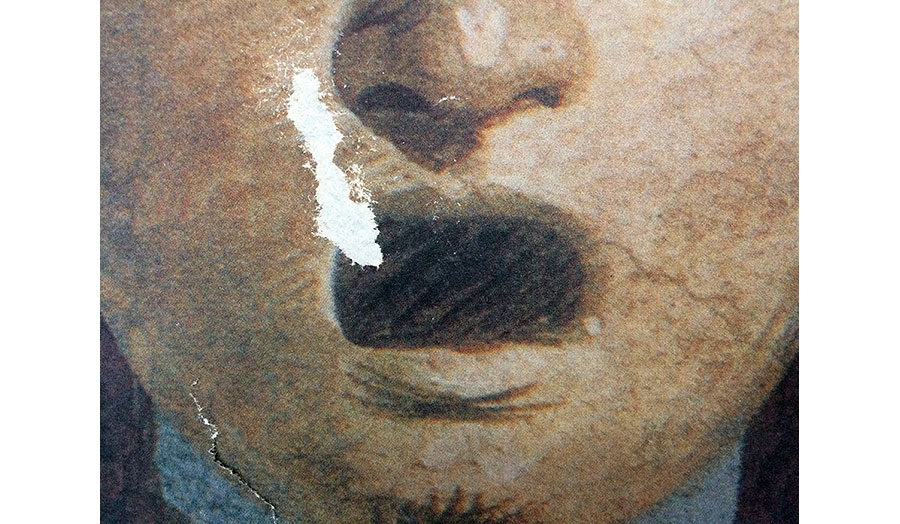
Details
| Tutor | Jonathan Whitehall |
|---|

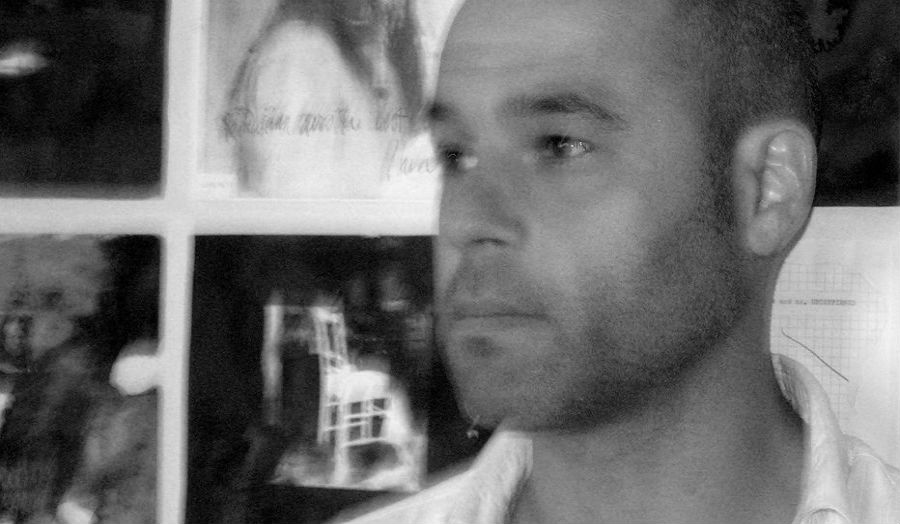

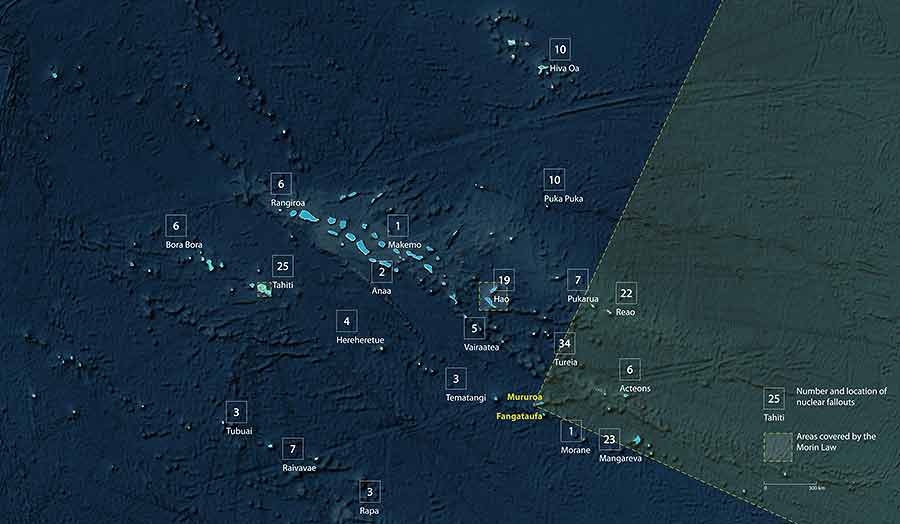
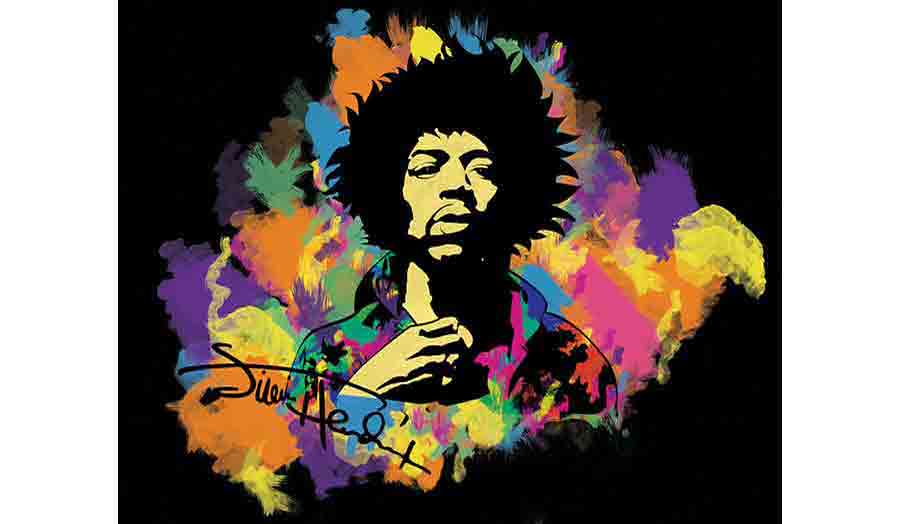
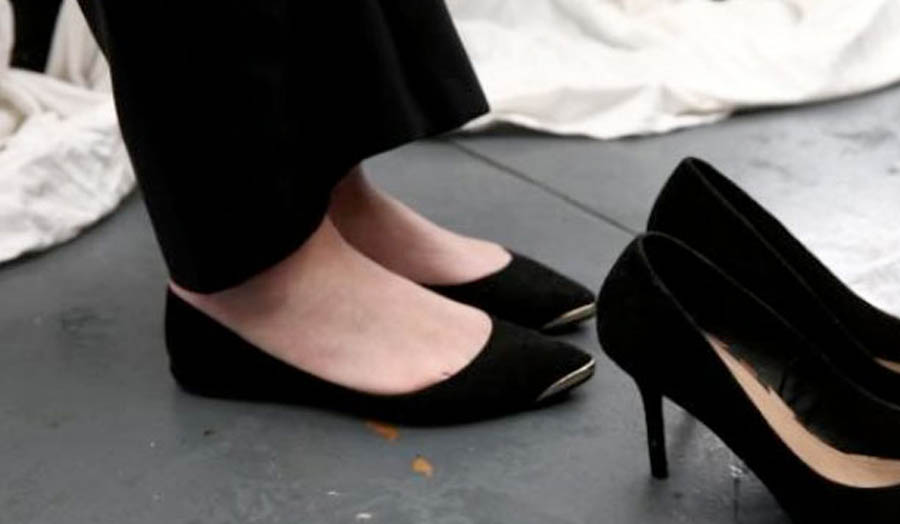
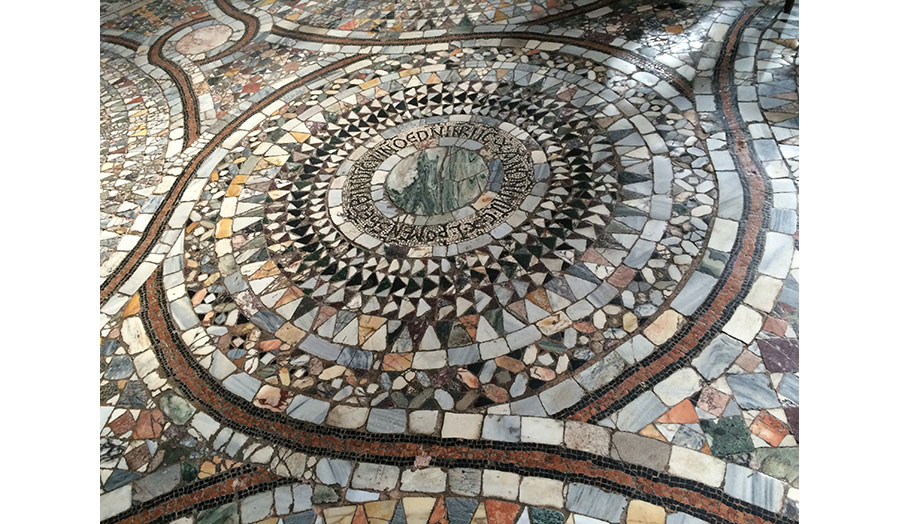
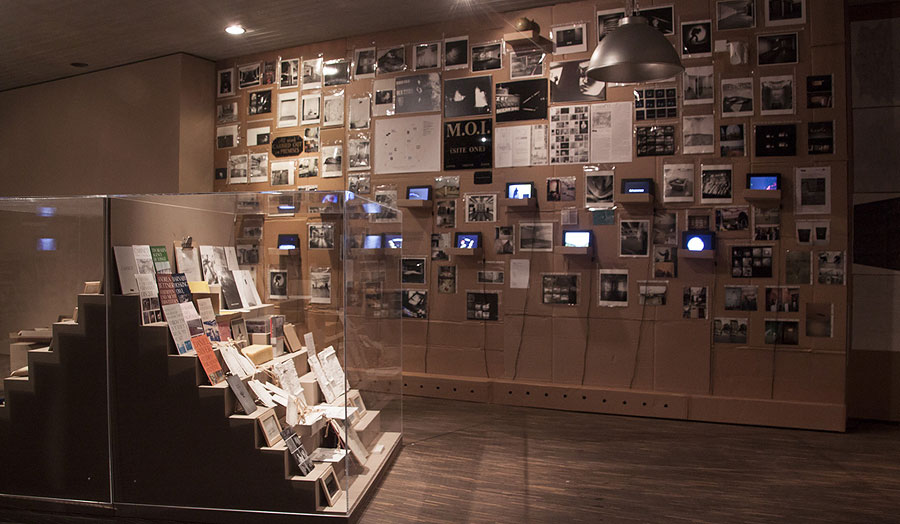
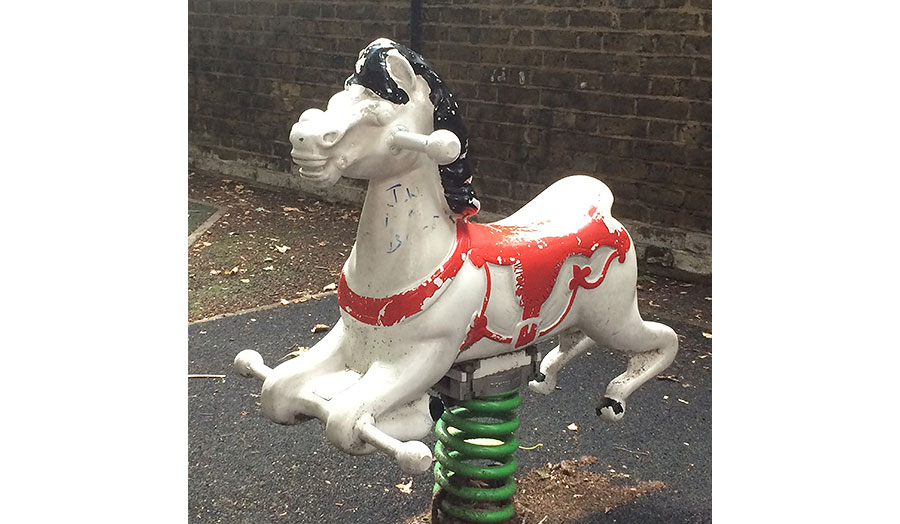
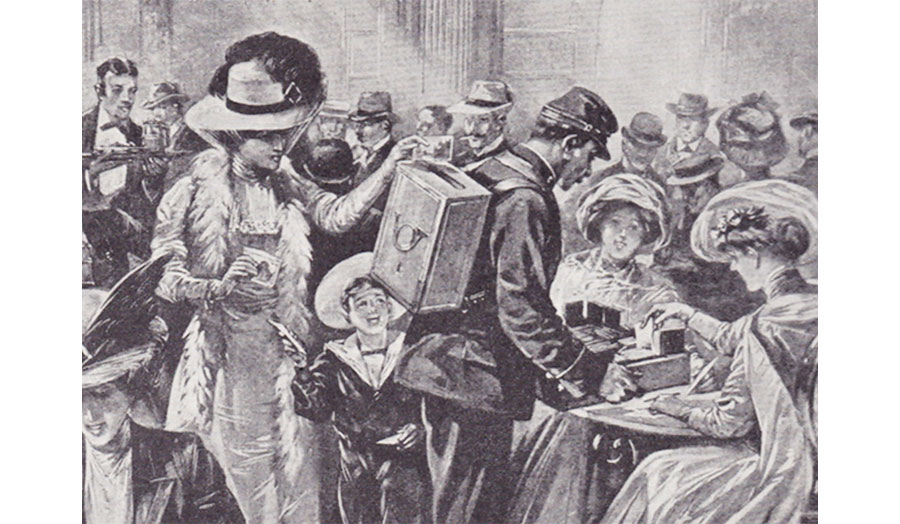
-(1).jpg)
